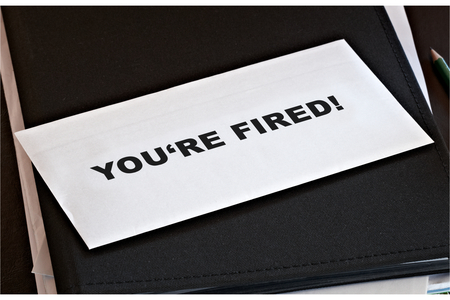EEOC Sues Kelley Drye, Says Pay Policy for Older Lawyers Discriminates & Seeks Sweeping Relief
In an action that is sure to make other well-known law firms sit up and take notice, the U.S. Equal Employment Opportunity Commission has sued Kelley Drye & Warren over the firm’s alleged policy of de-equitizing partners at age 70 and thereafter “undercompensating” them for their work.
The age discrimination lawsuit filed today in federal court in Manhattan also contends that the firm retaliated against attorney Eugene T. D’Ablemont after he filed an age discrimination charge against Kelley Drye with the commission in 2008. D’Ablemont’s annual “bonus” payment was cut from $75,000 to $25,000, the EEOC alleges, even as his collections and other criteria of productivity remained the same as in former years.
The Wall Street Journal Law Blog provides a link to the complaint (PDF), which says that such annual bonuses, awarded at the discretion of the firm’s executive committee, are the only payments made by the firm to lawyers over 70.
D’Ablemont and other similarly situated lawyers at at the firm, it alleges, are required after age 70 to relinquish any equity interest they had. And, if they thereafter continued to work at Kelley Drye, they “received compensation from the defendant that is significantly less than that paid to younger attorneys in the firm with similar client connections, billings, and other measures of productivity,” the suit says.
Setting the stage for a potential punitive damages award, the suit contends that these alleged unlawful employment practices “were done with malice or with reckless indifference to the federally protected rights of D’Ablemont and the class of similarly situated attorneys employed by defendant who are over 70 years of age.”
The lawsuit seeks sweeping relief concerning what could apparently be a significant class of current and former Kelley Drye lawyers. It asks for an injunction both prohibiting the firm from “engaging in any employment practices which discriminate on the basis of age” and requiring the firm to take affirmative measures to “institute and carry out policies, practices and programs that provide equal employment opportunities for employees 40 years of age and older, and which eradicate the efffects of defendant’s past and present unlawful employment practices.”
It also seeks, in addition to punitive damages, damages to D’Ablemont “for non-pecuniary losses, including pain, suffering and humiliation resulting from defendant’s retaliatory conduct.”
The suit asks, generally, for an unspecified amount of back wages, liquidated damages and prejudgment interest “to individuals whose wages are being unlawfully withheld” due to the alleged age discrimination against attorneys over 70 years of age.
A message left by the ABA Journal for the law firm’s managing partner did not receive an immediate response. Kelley Drye has more than 375 lawyers and “professionals,” according to its website, and five U.S. offices in the New York metropolitan area, Washington, D.C., and Chicago. The firm also has an office in Brussels and an affiliated office in Mumbai.
More details about the case are provided in a EEOC press release and a New York Law Journal article.
Hat tip: Wall Street Journal Law Blog.
Additional and related coverage:
ABA Journal (2005): “Who is a Partner?”
ABA Journal (2008): “Retiring Mandatory Retirement”
ABAJournal.com (Oct. 2007): “Sidley to Pay $27.5 M in EEOC Partner Case”
ABAJournal.com (Nov. 2007): “BigLaw Firms End Mandatory Retirement”
Updated at 4:30 a.m. to link to additional coverage.



